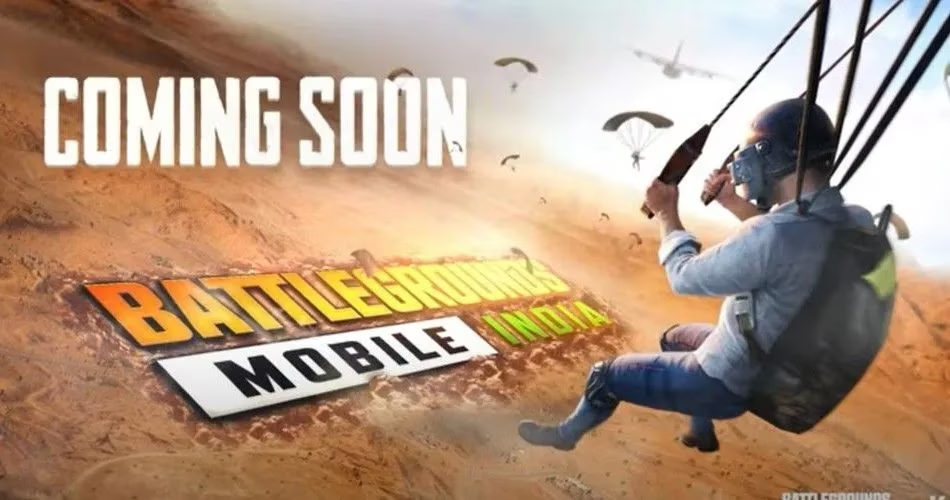Reflecting on BGMI's Turbulent Indian Journey: Racism, Responsibility, and Reckonings
Explore the explosive intersection of gaming, politics, and social responsibility in BGMI's controversy, highlighting accountability and legal reforms.
I remember when Battlegrounds Mobile India (BGMI) launched in 2021, it felt like a phoenix rising from the ashes of PUBG Mobile's ban. Krafton's revamped version promised a fresh start, but little did we anticipate the political firestorm and social reckoning that would follow. The controversy struck like a rogue wave during a monsoon—suddenly engulfing players, politicians, and creators in debates about nationalism, racism, and digital responsibility. At its center was Arunachal Pradesh MLA Ninong Ering's call to ban BGMI, citing concerns about youth addiction and data security. While many gamers dismissed his stance, one streamer's reaction crossed into dangerous territory, exposing fractures in our gaming ecosystem that still resonate today.

Former Union Minister Ering's 2021 letter to Prime Minister Narendra Modi wasn't just bureaucratic noise—it struck a nerve with players who saw BGMI as cultural oxygen. Yet, when YouTuber Paras Singh retaliated with racist slurs questioning Ering's "Indianness" and falsely claiming Arunachal Pradesh belonged to China, it wasn't mere trolling. It was a toxic mushroom cloud spreading poison across platforms. Singh's now-deleted video featured him squinting at maps like a confused cartographer, insisting the northeastern state "barely touched India." His rhetoric, questioning whether Arunachalis "looked Indian," felt like pouring gasoline on historical tensions. Though Singh later apologized, the damage echoed like shattering glass in a silent hall. A criminal case was filed against him for inciting racial hatred—a first in India's esports scene.
What struck me most was Ering's dignified response: "He is free to point out mistakes... but racist remarks need re-thinking." The MLA framed it as protecting Arunachali youth from gaming's \u201cspellbinding quicksand\u201d—a metaphor that still haunts me. His words highlighted how quickly entertainment platforms could morph into battlegrounds for geopolitical disinformation. Meanwhile, esports veteran Ankit 'V3nom' Panth delivered a watershed warning comparing Singh's actions to "planting landmines in a playground." In his viral statement, Panth cautioned: "Mother-sister abuses? One complaint could trap you in legal labyrinths for years." His appeal—urging fans not to mirror creators' worst impulses—became a lighthouse guiding India's gaming evolution.
Key Lessons from the Controversy:
-
🔥 Streamer Accountability: Singh's case proved online words carry courtroom consequences
-
🌱 Community Vigilance: Panth's intervention sparked self-regulation movements
-
⚖️ Legal Evolution: India's 2023 Digital Safety Act now penalizes hate speech in gaming
| Impact Area | Pre-2021 | 2025 Status |
|---|---|---|
| Gamer Conduct | Unmoderated | Strict COC enforcement |
| Political-Gamer Tensions | High | Mediated dialogues |
| Legal Recourse | Minimal | Specialized cyber cells |
By 2025, BGMI survives—but with guardrails. Krafton implemented AI-driven hate-speech filters that scrub streams like magnetic sand traps. Meanwhile, Ering's fears about youth addiction led to India's "Healthy Gaming Hours" initiative, where playtime caps kick in automatically after sunset. Yet scars remain: Singh's career evaporated like morning mist in the Himalayas, while creators now undergo mandatory sensitivity training. This saga transformed from a political skirmish into our community's moral compass.
People Also Ask
❓ Why was BGMI nearly banned again in 2021?
Ering cited data privacy risks and gaming addiction concerns, though no evidence emerged of foreign data misuse.
❓ What happened to Paras Singh?
He faced fines and community service under India's cyber laws, vanishing from streaming—a cautionary tale about digital footprints.
❓ How did this change Indian esports?
Tournaments now require ethics clauses, and platforms like Loco automatically flag racial slurs faster than cobras strike.
Ultimately, BGMI's journey taught us that virtual battlegrounds demand real-world integrity. As players, we're not just avatars—we're architects of our community's soul.